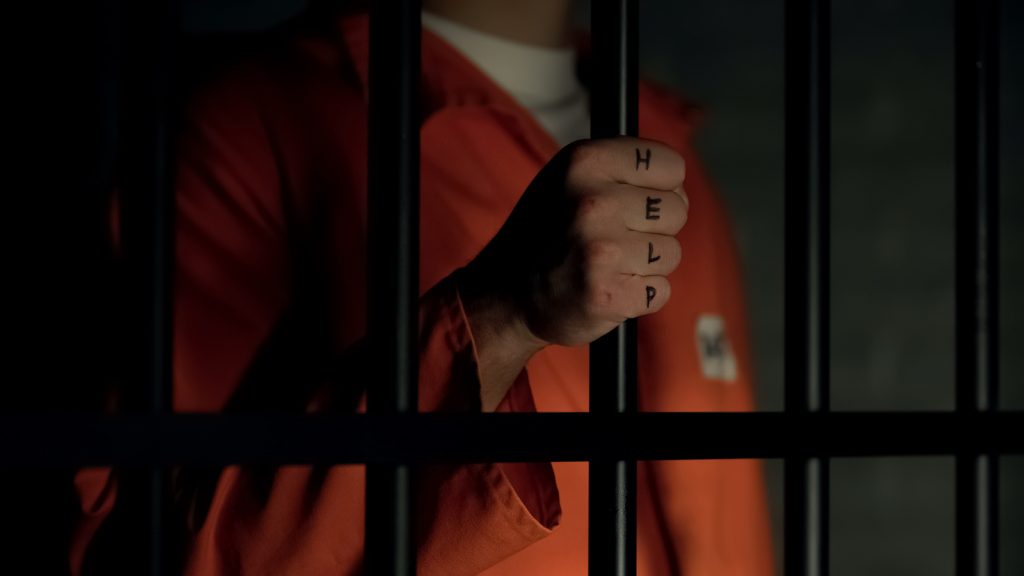Judge Extends Ban on Trump Administration Moving 3 Incarcerated Trans Women to Men’s Facilities.
In a significant legal ruling on Tuesday, U.S. District Judge Royce Lamberth extended a ban on the Trump administration's efforts to move three incarcerated transgender women from female prisons to men's facilities.
These women had been assigned to female prisons before Donald Trump took office, and the judge's decision ensures they cannot be moved, nor can their access to hormone therapy be denied.
Judge Lamberth's preliminary injunction builds on his previous ruling from February 4, 2025, when he issued a temporary restraining order that prevented the federal Bureau of Prisons from carrying out the move.
The ruling mandates that the transgender women in question—referred to in court documents as Jane, Mary, and Sara Doe—must continue to receive the same housing and medical care they had prior to Trump's executive order. This executive order, signed on January 20, 2017, had rolled back protections for transgender individuals, particularly in areas such as employment and prison placement.
Latest: Jack Lasota Zizian Cult Leader & Transgender Woman Arrested Over Multiple Killings in the US
The judge's decision in Washington, D.C., is a victory for the transgender community, ensuring that the rights of these three women are upheld while the case progresses.
It’s important to note that this ruling only affects these three individuals and does not apply to the broader population of incarcerated transgender people. However, Lamberth did point out that there are only about 16 transgender women currently housed in female penitentiaries, a number that highlights the ongoing challenge of appropriately addressing the needs of transgender inmates across the country.
The Battle for Transgender Rights in U.S. Prisons
This ruling is part of a broader, ongoing legal and political battle surrounding transgender rights, particularly in relation to incarcerated individuals.
The Trump administration’s executive orders that rolled back protections for LGBTQ+ people sparked nationwide controversy and legal challenges, with many arguing that these actions violated the civil rights of transgender individuals.
The reversal of policies that allowed transgender people to be housed according to their gender identity, and the restriction of access to gender-affirming healthcare, such as hormone therapy, have been contentious issues.
The broader context of this case reflects the challenges faced by transgender individuals in the United States, where the rights of this community are often subject to political shifts and executive actions. In particular, the treatment of transgender individuals in the prison system has been a focal point of civil rights debates.
The U.S. Bureau of Prisons has faced criticism for its handling of transgender inmates, and legal rulings like this one are critical in ensuring that protections against discrimination are enforced.
Looking ahead, it remains unclear how future administrations will address these issues. The Biden administration has made steps to reinstate protections for transgender people in various sectors, including prison placement and healthcare.
LATEST: The World's Richest Man - Jeff Bezos (Amazon) Reveals His Biggest Fears in Life
However, as the legal battles continue, the future of transgender rights in U.S. prisons depends on ongoing court rulings and the political will to implement comprehensive protections for all incarcerated individuals, regardless of gender identity.
As awareness and advocacy for transgender rights continue to grow, there is hope that future legal frameworks will more adequately reflect the needs and rights of transgender inmates, ensuring equal and humane treatment across the board.





















